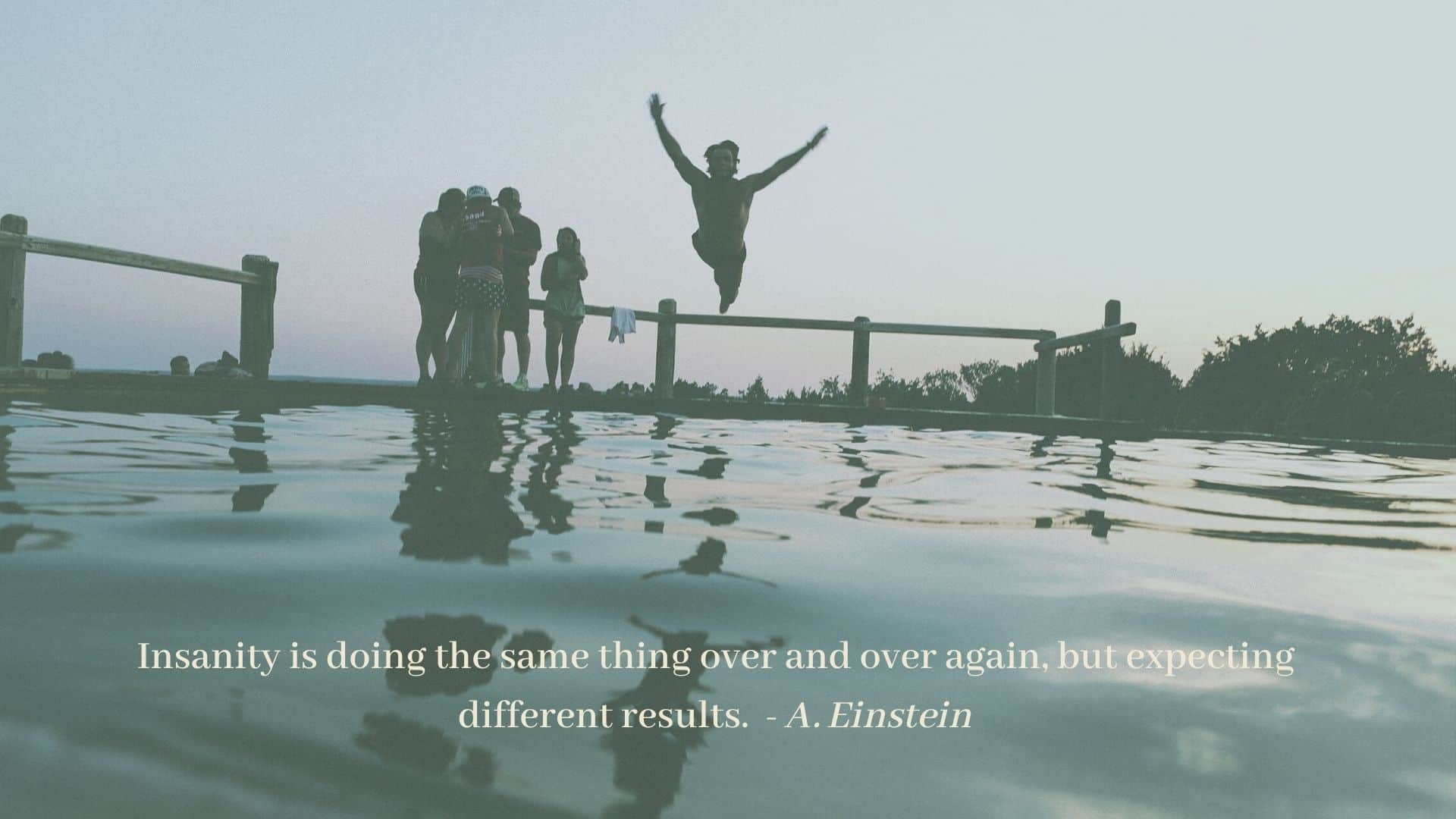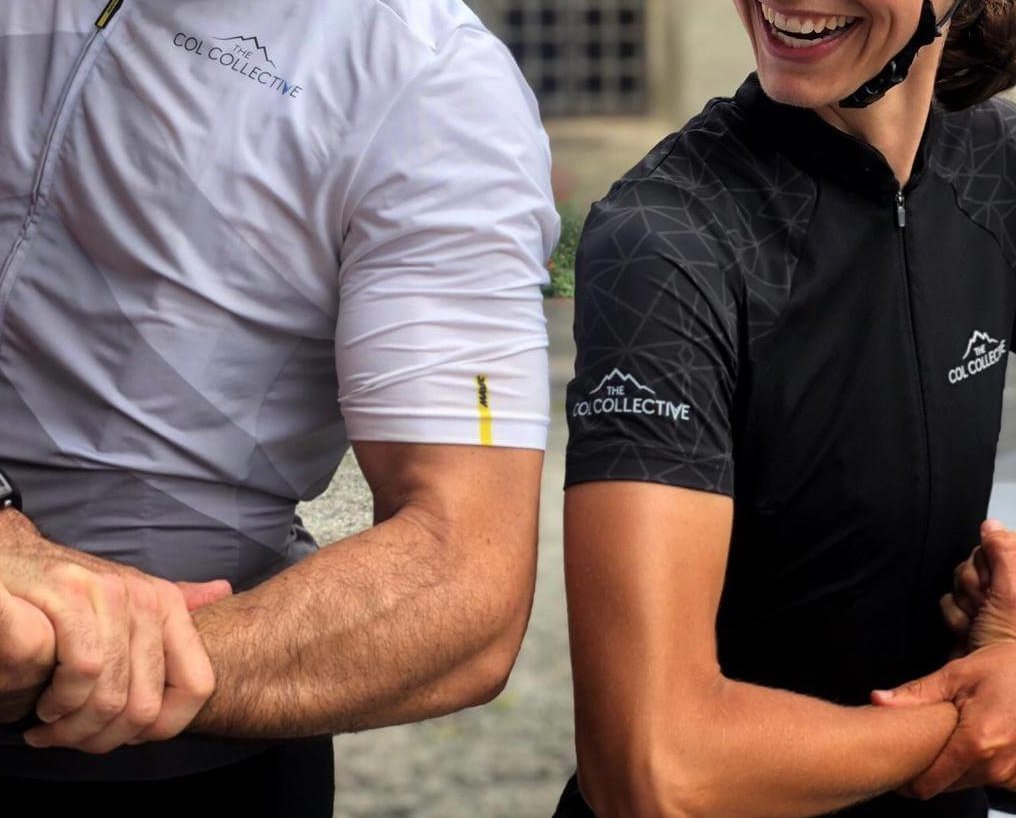Cycling is often presented as being 50% in the legs and 50% in the mind; as many other disciplines and as in everyday life, mindset and mental attitudes contribute to most of your well-being and performance. Let’s be honest then : how often do you practice your physical abilities ? And how often do you practice working on your mental performance, your confidence, motivation and focus ?
The good news is that you can train your mind as much as you can train your muscles ! As Carry Cheadle says in one of the best books on mental training, “everyone deserves to feel what it’s like to be at your best“, not only the professional athletes, everyone from the recreational cyclist riding on the Sunday bunch to the olympic champion, all of us deserve to feel what it is like to take control of our entire performance, on its physical and mental aspects. From goal setting to learning how to manage event anxiety, many tools can support your mental and emotional growth and well-being.
What is mental training ?
Mental toughness is the ability to perform at the upper range of one’s ability regardless of the circumstances (Loehr, 1986). Mental toughness have mental, physical and emotional attributes, with many skills contributing to the overall umbrella of mental toughness : self-confidence, imagery and visualisation, focus or attention control, motivation. As later research defined it, a mentally-tough individual has the capacity to deal effectively with stressors, pressures, and challenges (Clough, Earle, & Sewell, 2002)
Mental training is thus the practice of specific exercises to improve all of these skills in order to improve the overall mental toughness. The training can be very different depending on what’s at stake : from drawing to meditation, through visualisation or writing, there are many ways to train your brain.
I don’t need it, I don’t have problems
 When you go out on your bike to do your intervals, do you think to yourself that since you body has a problem, you are working out in order to fix that problem, or do you think that you want to improve your performance and need to work on your muscles in order to achieve any kind of improvements ?
When you go out on your bike to do your intervals, do you think to yourself that since you body has a problem, you are working out in order to fix that problem, or do you think that you want to improve your performance and need to work on your muscles in order to achieve any kind of improvements ?
Same goes with mental training, it isn’t about fixing issues, it is simply about training your brain in order to improve your overall performance. You don’t need to have problems to enjoy a better mindset on the bike, to cope better with your stress and to avoid burnout.
How do you include it in your training plans ?
As mental training is based on many different skills, there are different ways to include it in coaching; we define the best way to do it together when we have our first chat. Depending on the time an athlete wants to dedicate on one or more of these skills, I will either give little exercises to do on a daily basis, or when it comes to more specific work such as setting a goal, dealing with injury or with a specific obstacle, I might give out worksheets.






